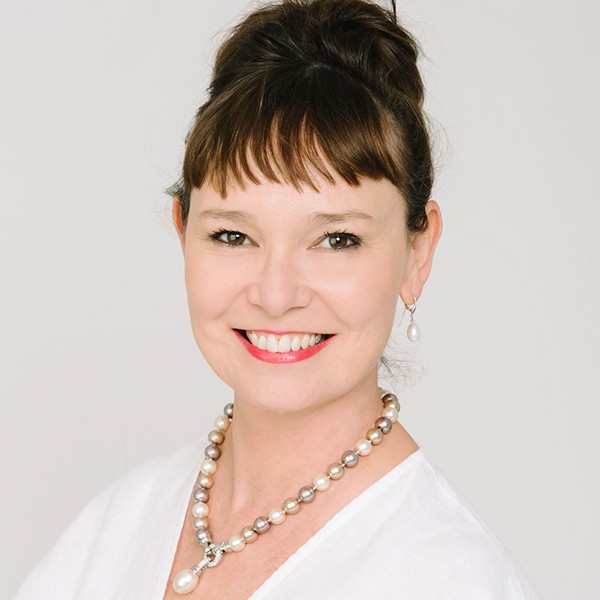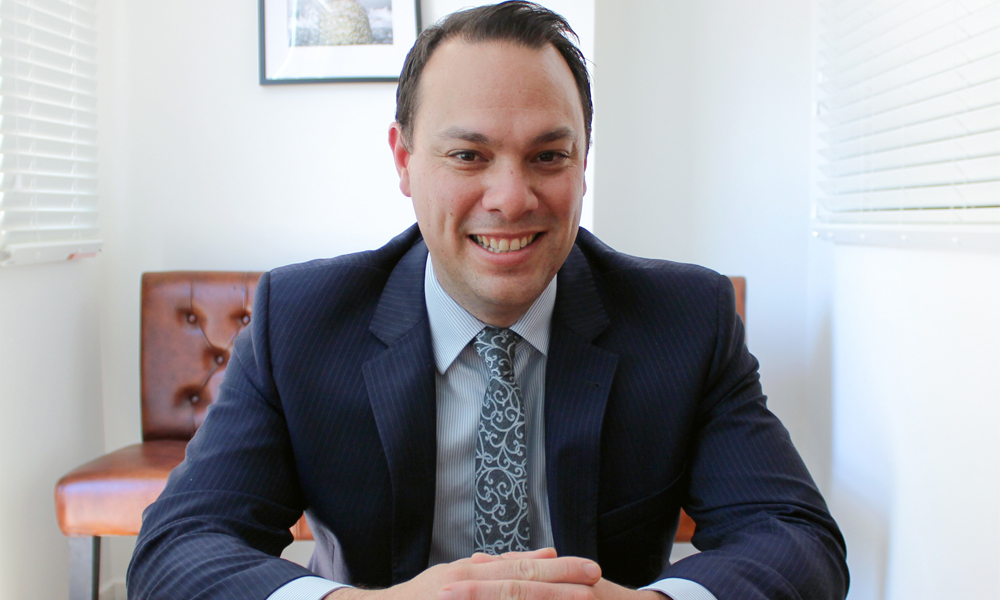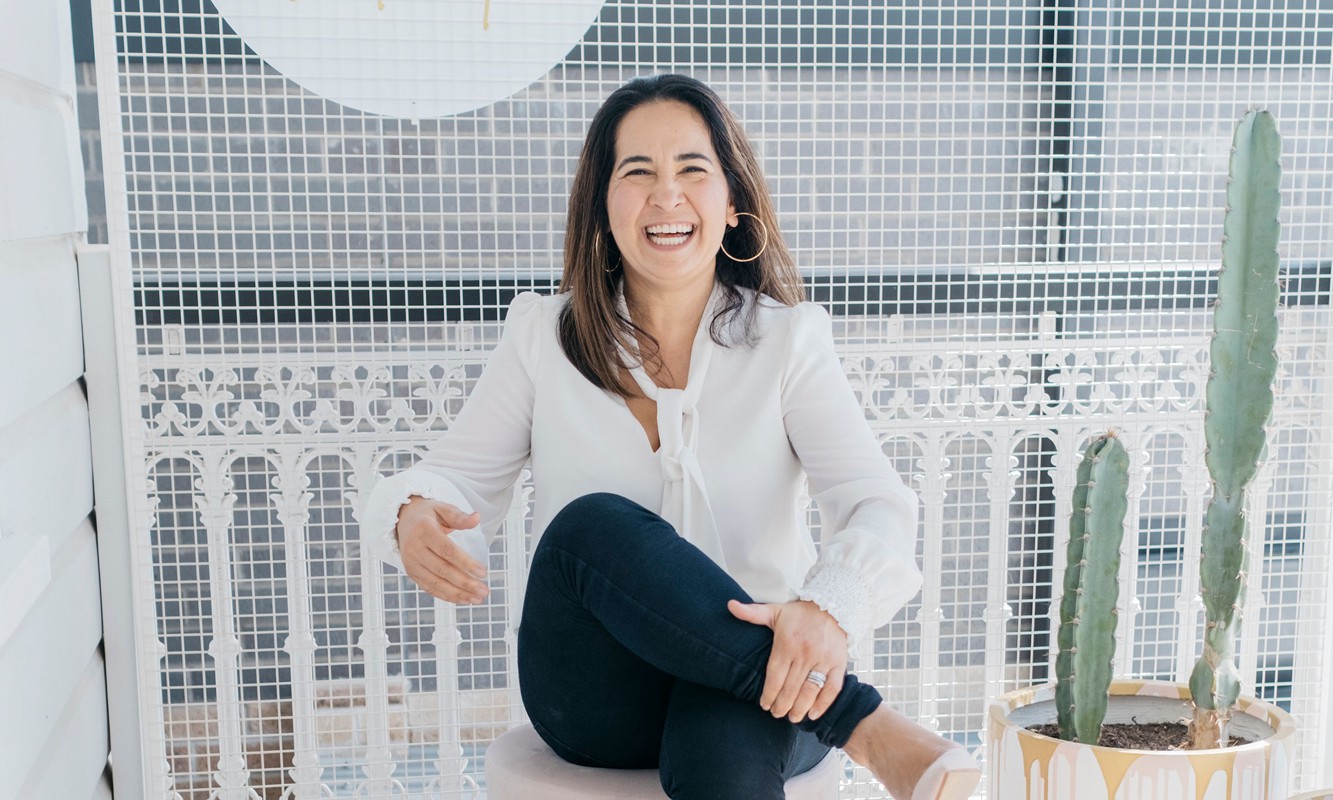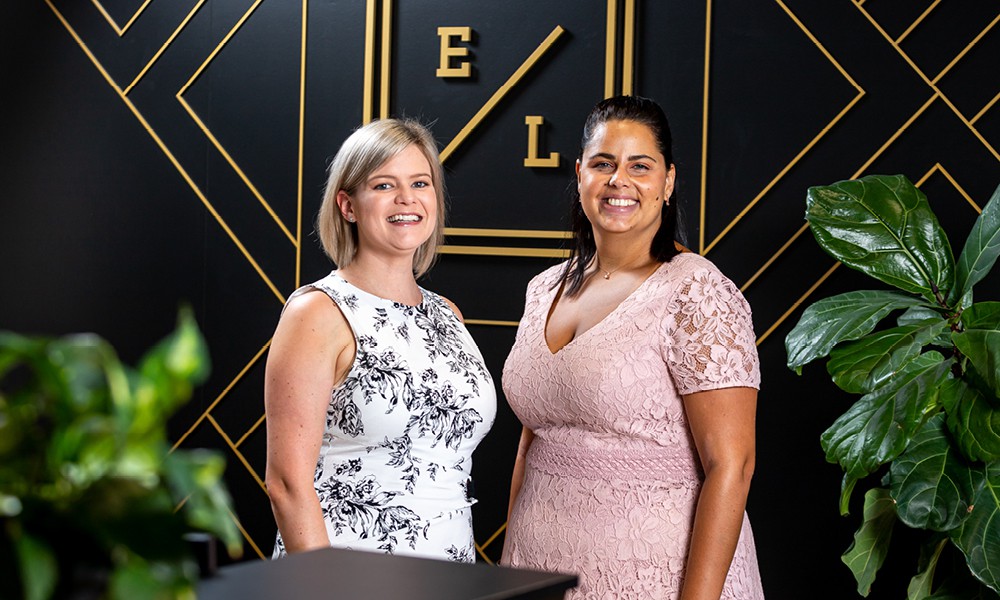“Rob is very forward thinking and embraces technology. If left to the directors working on the files, then it may not happen. It needs to be the right person who knows what’s happening in the world.”
Craig DoRozario is a director with Potts Lawyers, focusing on clients involved in occupational discipline actions and commercial litigation.
In Craig’s own words, “it’s one of the most stressful times of a client’s life”. How does Potts Lawyers keep future ready in the midst of human despair?
Craig shared three core attributes of Potts Lawyers that keep the firm robustly future ready:
#1: Dedicated leadership that includes curiosity
#2: Powerful use of technology coupled with wisdom
#3: Teaching the next generation of emerging lawyers
#1: Dedicated leadership that includes curiosity
What use does Potts Lawyers make of technology?
Craig was quick off the mark to identify the source of Potts Lawyers’ technology strategic approach.
“We are lucky that we have a technology-minded managing director – Robert Franklin. Six months before COVID hit he insisted that everyone had the capability to work from home. So, when COVID started, everyone could work from home, even to the extent that ergonomics was in place.
“It was seamless with the technology to that specification. Rob is very forward thinking and embraces technology. If left to the directors working on the files, then it may not happen. It needs to be the right person who knows what’s happening in the world.
“We are a medium sized law firm, but Rob has a clear vision on what is happening across the industry. Like the larger firms – we had the tech and the software. This has allowed us to link seamlessly with the courts.
“Thanks to Rob, the firm was an early adopter of Teams. Absolutely it cost money. Well before COVID there was a push at Potts Lawyers for the take-up of the latest technology. Both Rob Franklin and Bill Potts are completely up to date with technology.
“Let’s debunk the assumptions that it’s only the younger generation that are tech-savvy”, Craig laughs. “Rob and Bill – they make it their business to know about technology, and to lead the firm in the implementation of technology.
“Both of them have seen so much. They know what to adopt and when. Rob and Bill have been lawyers since the early ’80s and seen the emergence and expansion of the use of technologies in law firms. They make sure they keep up to date.
“They have a mindset of curiosity of the new. Having said that, I would describe both as ‘conservative’. They know how to avoid the hype, and when to be early adopters of what is going to push the firm forward, especially when it comes to client care.
“They find an easier way to do the job and cut out the unnecessary steps. It’s about putting the systems in place and boosting productivity and reducing stress. And that’s good for clients and staff.”
#2: Powerful use of technology coupled with wisdom
The use of technology has clearly been a game changer for Potts Lawyers. How has it been used in the firm, and with what impact?
“The technology has had an enormous impact on Potts Lawyers. We previously didn’t use remote technology on a daily basis but in COVID we relied on it and now it’s a seamless part of our everyday life.
“As I said, we had the capability to work from home, that had already been in place pre-COVID. Once we were all working from home, we had Teams meetings every day. It enabled us to stay connected – both professionally and socially. We had a laugh and a coffee and a catch up on what was happening.
“What we found was that Teams has really helped. It really was a smooth transition from the face-to-face experiences in the offices, to when we were all working from home. That was great for building and maintaining culture in what could have been a difficult period.
“A big part of the technology was that it wasn’t just that we had the technology – but we also used it. We were all trained and comfortable using the technology and knew how to take it to the next level.
“Teams played this crucial role in enabling interpersonal communication. At the start of every day, I had a meeting with my immediate team of eight people and then about three or four one-on-one meetings with lawyers and my assistant to sort specific matters out.
“This minimised any potential issues – everyone knew what was going to happen each day. It also meant that if there were issues, we could sort them out quickly and through a conversation rather than an email or message that might have been misinterpreted. Then, in early 2021, it meant that court appearances could go ahead – on video.”
Craig laughs.
“One particular matter I clearly remember involved a QC we had briefed– who was in his late 60s. He was all over the technology – the video appearance and the sound quality and the body language as it came across on video. He treated it like he’d been doing it all his life. He was very impressive and made me realise that you just can’t make any assumptions about where the expertise and comfort levels with technology are going to be found.”
Potts Lawyers is well known for focusing on and around criminal law, complex disputes, and disciplinary law. How has that shaped the use of technology?
“We don’t do transactional work, for example, conveyancing or routine debt collecting, where you could get a huge benefit from current artificial intelligence offerings.
“Potts Lawyers is about looking after people, often during the worst moment of their lives. It’s complex and nuanced. It’s not a situation where you can readily apply artificial intelligence – but our leadership has found where we can use the technology available.
“Primarily we use the technology to enhance communication, especially with clients. For example, seven or eight years ago, Rob put in changes at the reception – including an iPad receptionist.
“The Gold Coast office is located opposite the court, so it could be a security risk. The iPad gives people anonymity in dealing with the office. Clients can use the iPad to say who they are, and the system notifies their lawyer immediately of their arrival.
“This approach to clients – it’s important. Some clients don’t want to be seen or have their matter overheard while they are talking to a receptionist. We’re often dealing in high-level, sensitive matters. So, this use of technology helps protect the anonymity of the client.
“The other big impact of how we use technology has been to save the client money. For example, we can be dealing with six or so different parties – each with their own law firms and barristers. We can sort out hearing dates or mediation dates, disclose and review large bundles of documentation with other parties and streamline communication. It’s easier and cheaper for the client. And it’s instantaneous.
“What’s paramount for Potts Lawyers in our use of technology, is always consideration of the client’s state of mind and how they will get through it and emerge at the end of the process.
“It’s often not knowledge of the law that is most important at the outset. We triage the person with support; get them to the right person. We talk with the family about the situation if the client wishes.
“There is no code on the bill or course at university about how to do all of this. The stress is a huge factor for our clients. Effectively dealing with this stress and uncertainty essentially comes down to the basic principles of actually caring for people.”
#3: Teaching the next generation of emerging lawyers
Can you share your insights on your approach, as a director, to young lawyers starting out their working lives in a medium-sized law firm?
“We try to teach junior lawyers… to fill that gap in their education that is not covered by their undergraduate qualifications… that law is a service industry with a distinct client perspective.
“We train our lawyers on the need to have clear, concise and appropriately timed communication protocols. We raise their consciousness that they are dealing with clients who are involved in highly stressed and difficult circumstances. It’s absolutely vital that our junior lawyers understand the client’s perspective and offer the highest level of client care.
“It’s very difficult to teach the soft skills. It comes down to genuineness and character. It can’t be a technique that you pull out when needed. There is a patience that is demanded with new lawyers, and an understanding, especially if this is their first job.
“Sometimes we find that young lawyers are not comfortable using the phone. They can write a great email – but they don’t like to use the phone to talk.
“We provide training on all forms of client communication including teaching our lawyers how to genuinely enquire about clients and to have genuine conversations so that we can obtain all the information we require to help them. We also insist that our lawyers are, without fail, courteous and friendly with lawyers acting on the other side of a matter.
“Within the firm, there is a strong ethos of care that is a ‘top down’ approach from Rob and Bill, and now instilled in the new generation of directors.
“Both Rob and Bill care very much about people. Although there are people in the world who genuinely care about others, it’s rare that someone feels that level of concern from their lawyer. We often stay in touch with clients for many, many years after their matter has resolved.
“We are privileged to see first-hand how people can emerge from the darkest period of their lives to go on to fulfil their potential. We aim to make that journey easier for everyone by adopting available technologies.”
Be part of the growing number of law firms having their say on Queensland’s Future Ready legal profession and complete the survey.
Professor Caroline Hart is the Associate Head (Engagement) at the School of Law and Justice, University of Southern Queensland.













Share this article